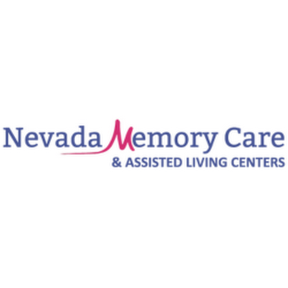Family health care is a comprehensive approach to medical care that focuses on the well-being of individuals at every stage of life—from infants to elderly family members. It is not just about treating illness, but also about promoting healthy lifestyles, preventing disease, and ensuring continuity of care across generations. The goal is to provide holistic support that helps every family member live a healthy, balanced life.
Understanding Family Health Care
Family health care includes all the essential health services needed by families, such as vaccinations, routine check-ups, maternal and child health, Mental Health Services, nutrition guidance, chronic disease management, and elder care. This type of care is usually coordinated through a family physician or a general practitioner who understands the family’s medical history and needs. Having a centralized care provider allows for better monitoring, personalized treatment plans, and timely medical interventions.
Importance of Family Health Care
One of the biggest advantages of family health care is that it emphasizes preventive care. When every member of the family visits the same doctor or health facility, it becomes easier to keep track of vaccinations, screenings, and yearly exams. This helps in detecting health issues at an early stage, making treatment more effective and less costly.
Family health care also builds trust. When children grow up seeing the same doctor their parents or grandparents trust, they are more likely to feel comfortable discussing their health concerns. This leads to stronger doctor-patient relationships and better communication, which is crucial in managing long-term conditions like diabetes, asthma, or hypertension.
Caring for Every Generation
Every age group has different health needs, and Family Health Care addresses them all:
- Children and Infants: Regular immunizations, growth tracking, developmental screenings, and nutrition plans help children grow strong and healthy. Pediatric care also includes dental hygiene and early eye or hearing checks.
- Adults: Young and middle-aged adults often face lifestyle-related issues like stress, obesity, and cardiovascular problems. Family care services offer guidance on maintaining a balanced diet, regular exercise, and managing work-life stress.
- Elderly: Aging brings a new set of challenges, including arthritis, memory loss, vision problems, and chronic illnesses. A good family health system ensures regular monitoring, medication management, and emotional support for older family members.
Mental and Emotional Well-being
Family health care doesn’t focus only on the physical body—it also supports mental health. Counseling and therapy services can be provided when needed, especially for families dealing with grief, trauma, or major life transitions. Mental health support can be tailored to children, adults, or elderly individuals, making sure each generation is mentally and emotionally healthy.
The Role of Health Education
A key part of family health care is health education. Families are educated about hygiene, balanced diets, exercise routines, sleep habits, and even digital wellness. Parents learn how to take care of their kids better, and adults learn how to support aging parents. Informed families make better health choices, which reduces the risk of disease and improves overall well-being.
Final Thoughts
Family health care is not just a service—it’s a lifelong partnership between Health Professionals and families. It empowers every generation to live healthier, longer, and more fulfilling lives. With a strong foundation of trust, education, and preventive care, family health care ensures that no one is left behind, regardless of age. Whether it’s a baby’s first vaccine or a grandparent’s regular check-up, caring for every generation keeps the entire family strong, connected, and thriving.






